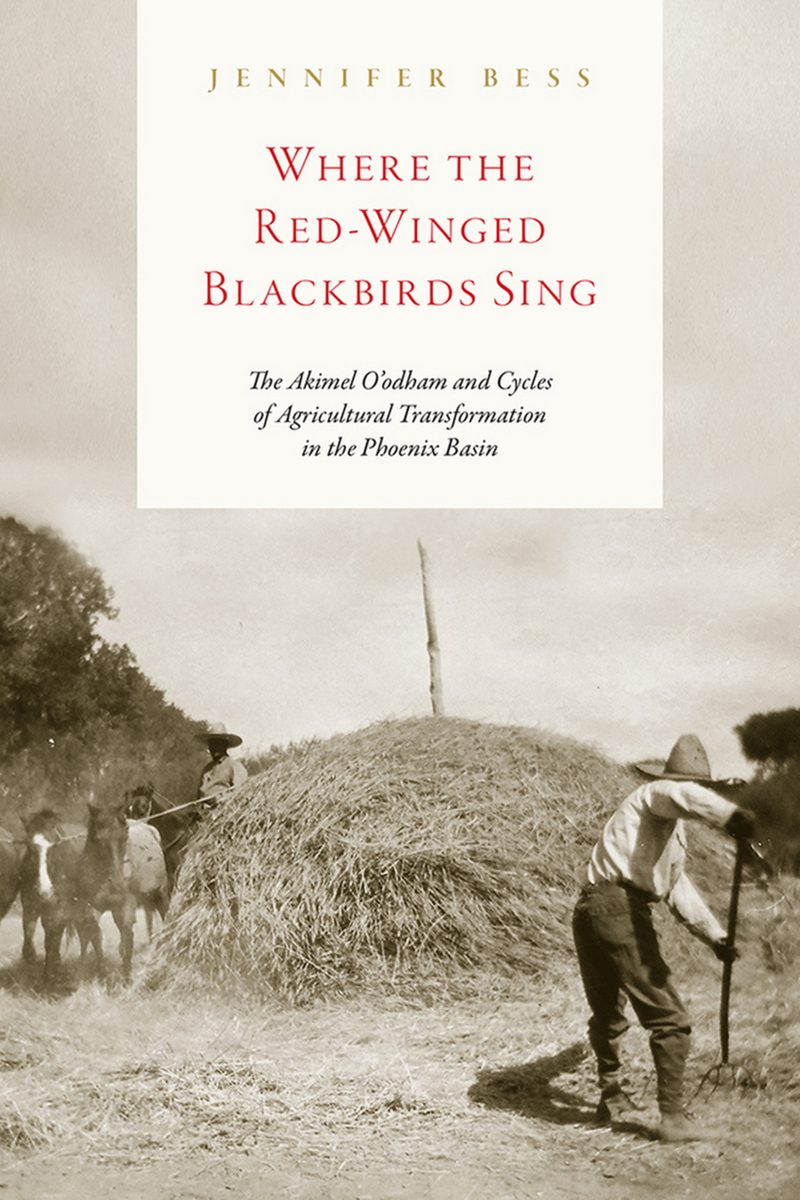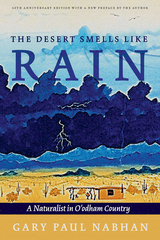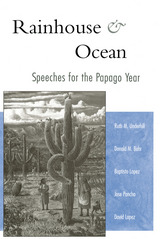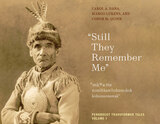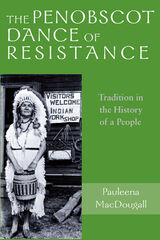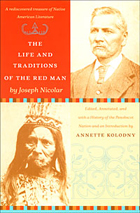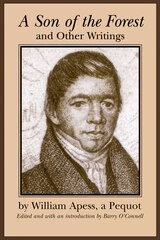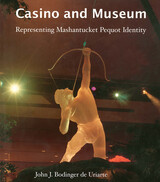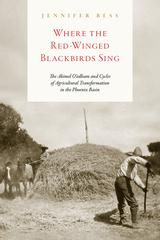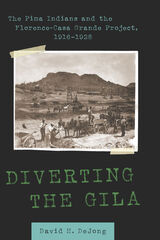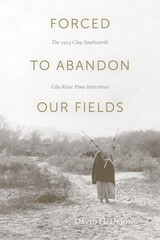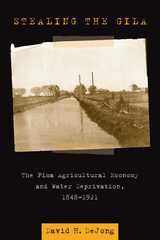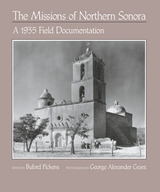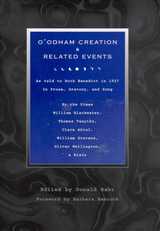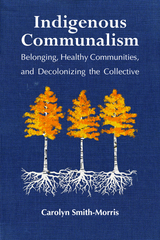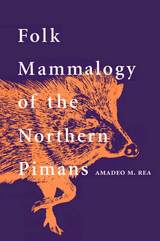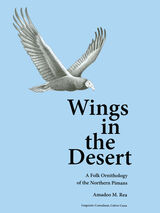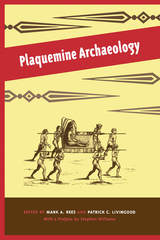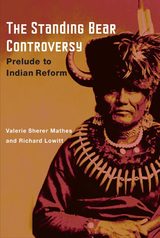Where the Red-Winged Blackbirds Sing: The Akimel O'odham and Cycles of Agricultural Transformation in the Phoenix Basin
University Press of Colorado, 2021
Paper: 978-1-64642-310-1 | Cloth: 978-1-64642-082-7 | eISBN: 978-1-64642-105-3
Library of Congress Classification E99.P6
Dewey Decimal Classification 979.10049745529
Paper: 978-1-64642-310-1 | Cloth: 978-1-64642-082-7 | eISBN: 978-1-64642-105-3
Library of Congress Classification E99.P6
Dewey Decimal Classification 979.10049745529
ABOUT THIS BOOK | AUTHOR BIOGRAPHY | REVIEWS | TOC | REQUEST ACCESSIBLE FILE
ABOUT THIS BOOK
Where the Red-Winged Blackbirds Sing examines the ways in which the Akimel O’odham (“River People”) and their ancestors, the Huhugam, adapted to economic, political, and environmental constraints imposed by federal Indian policy, the Indian Bureau, and an encroaching settler population in Arizona’s Gila River Valley. Fundamental to O’odham resilience was their connection to their sense of peoplehood and their himdag (“lifeway”), which culminated in the restoration of their water rights and a revitalization of their Indigenous culture.
Author Jennifer Bess examines the Akimel O’odham’s worldview, which links their origins with a responsibility to farm the Gila River Valley and to honor their history of adaptation and obligations as “world-builders”—co-creators of an evermore life-sustaining environment and participants in flexible networks of economic exchange. Bess considers this worldview in context of the Huhugam–Akimel O’odham agricultural economy over more than a thousand years. Drawing directly on Akimel O’odham traditional ecological knowledge, innovations, and interpretive strategies in archives and interviews, Bess shows how the Akimel O’odham engaged in agricultural economy for the sake of their lifeways, collective identity, enduring future, and actualization of the values modeled in their sacred stories.
Where the Red-Winged Blackbirds Sing highlights the values of adaptation, innovation, and co-creation fundamental to Akimel O’odham lifeways and chronicles the contributions the Akimel O’odham have made to American history and to the history of agriculture. The book will be of interest to scholars of Indigenous, American Southwestern, and agricultural history.
Author Jennifer Bess examines the Akimel O’odham’s worldview, which links their origins with a responsibility to farm the Gila River Valley and to honor their history of adaptation and obligations as “world-builders”—co-creators of an evermore life-sustaining environment and participants in flexible networks of economic exchange. Bess considers this worldview in context of the Huhugam–Akimel O’odham agricultural economy over more than a thousand years. Drawing directly on Akimel O’odham traditional ecological knowledge, innovations, and interpretive strategies in archives and interviews, Bess shows how the Akimel O’odham engaged in agricultural economy for the sake of their lifeways, collective identity, enduring future, and actualization of the values modeled in their sacred stories.
Where the Red-Winged Blackbirds Sing highlights the values of adaptation, innovation, and co-creation fundamental to Akimel O’odham lifeways and chronicles the contributions the Akimel O’odham have made to American history and to the history of agriculture. The book will be of interest to scholars of Indigenous, American Southwestern, and agricultural history.
See other books on: Agriculture | Cycles | Gila River (N.M. and Ariz.) | Pima Indians | Where
See other titles from University Press of Colorado
